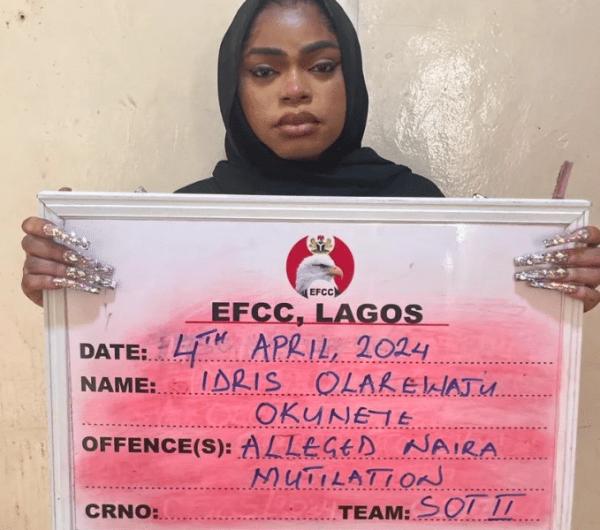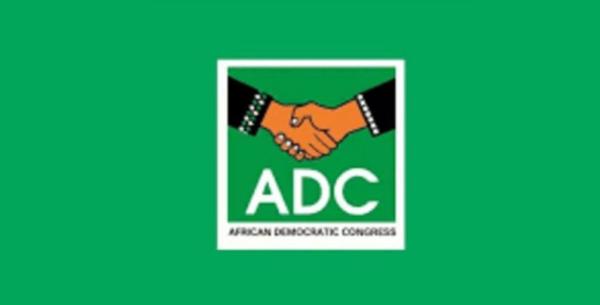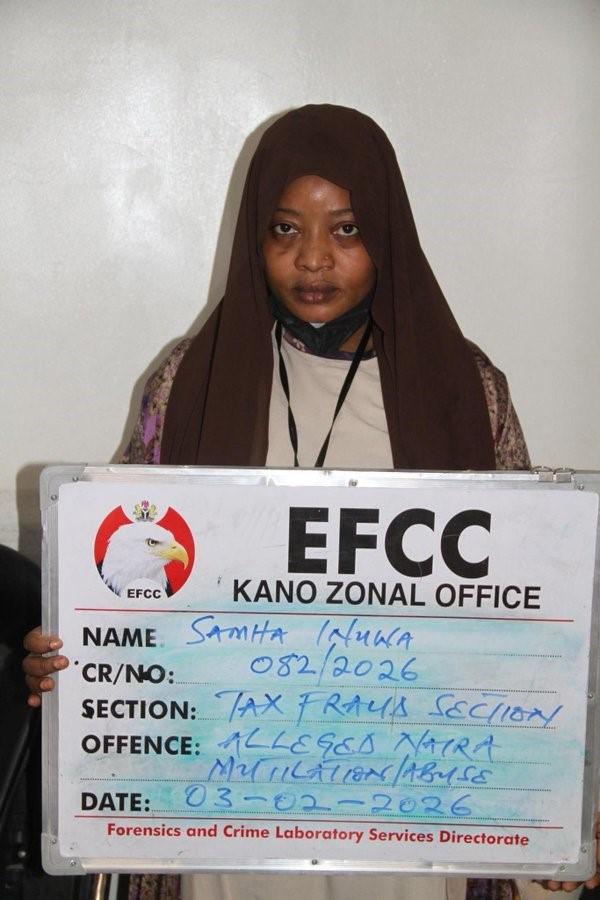
With the recent arrest and sentencing of Olanrewaju Okuneye, also known as Bobrisky for abusing the naira, where Justice Abimbola Awogboro said the six months jail term for the controversial crossdresser would be a deterrent to others who are found abusing and mutilating the naira; there has been another online spark at the arrest of another popular socialite, Pascal Okechukwu, known as Cubana Chief Priest.
This is why CEOAFRICA in this report, informs you on things to know about Naira abuse that could land you in trouble.
Clean Notes Policy was instituted by the Central Bank of Nigeria in a bid to improve the physical appearance and lifespan of the banknotes in circulation. The concept of the policy is that the production, issuance of new banknotes and recirculation by the DMBs/CPCs must conform to the predetermined standards. It also aims at ensuring that the quality of Naira banknotes in circulation must be in good condition to allow for processing and free acceptability by the general public. The public awareness campaign on Naira abuse and handling are also highlighted in the policy to aid the longevity of the banknotes and reduce the huge cost of processing and banknote replacement.
In 2006, President Olusegun Obasanjo sent a new Central Bank of Nigeria bill to the National Assembly seeking to curtail the abuse of the country’s currency. “Spraying of, dancing or marching on the naira or any note issued by the bank during social occasions or otherwise howsoever shall constitute an abuse and defacing of the naira or such note shall be punishable under the new law. It shall be an offece to hawk, sell or otherside trade in the naira or any other nte issued by the bank,” it read. The law later was assented as Section 21 of th CBN Act 2007.
Abuse of the Naira includes the following:
1. Spraying: It is against the law to spray the Naira banknotes at occasions.
2. Writing: It is against the law to write on banknotes.
3. Stapling: It is against the law to staple the banknotes as the pins can cause corrosion of the banknotes.
4. Tearing: It is also against the law to tear the banknotes
5. Soiling: It is against the law to dance/stamp on the Naira banknotes. Do not stain the banknotes with oil or ink, as this is also a form of defacing.
6. Sale: It is against the law to sell currency banknotes.
7. Mutilation: A person who tampers with the Naira note or coin is guilty of an offence, punishable by law (CBN Act Section 21).
8. It is against the law to reject the Naira (Section 20 subsection 5).
According to the policy, the implications of improper handling of the naira include:
1. Increase in currency management costs due to the high cost of banknotes replacement.
2. Defaced/torn banknotes slow down sorting process resulting in lower output of clean banknotes.
3. Erodes the sense of pride and confidence that Nigerians should feel in their currency.
4. Any form of defacement of the currency is a form of ridicule on the nation.
5. Prevalence of dirty banknotes in circulation is potential health hazard to the citizenry.
This year, besides Bobrisky’s sentence, an actress Oluwadarasimi Omoseyin was alsoconvicted and sentenced to six months in prison for defacing the naira by spraying and stepping on them at a social event in Lagos.






















